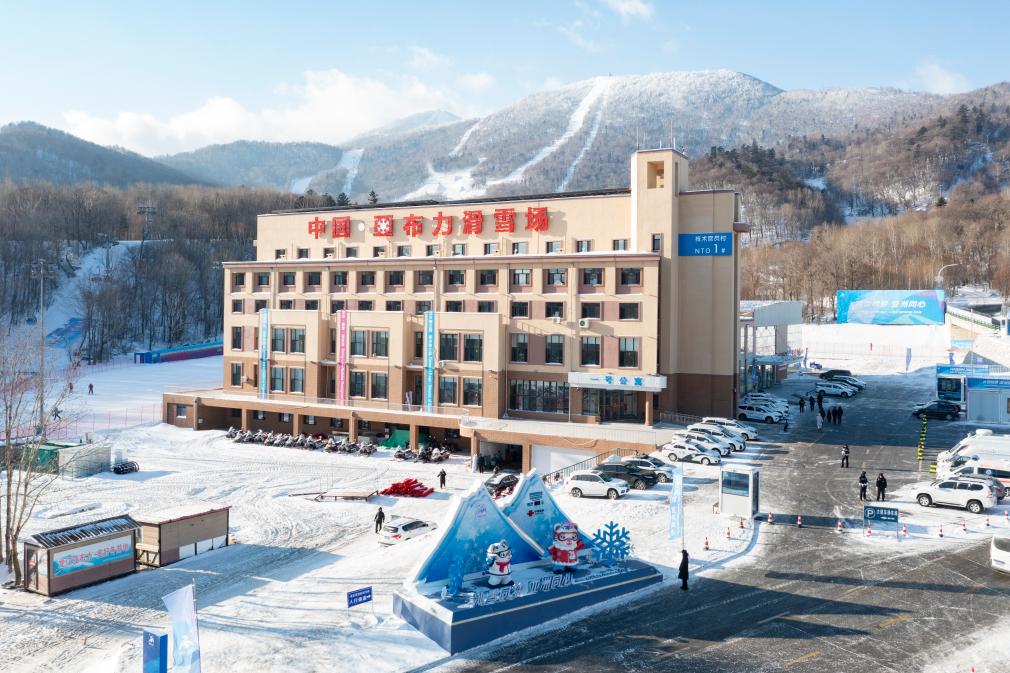
HARBIN - The Sports Department of the Harbin Asian Winter Games Organizing Committee (HAWGOC) has announced that 34 countries and regions will participate in Harbin 2025 from February 7-14.
The figure marks an increase of four countries and regions compared to the previous record set at the 8th Asian Winter Games in Sapporo, Japan, in 2017, where 30 Asian countries and regions, alongside two other guest countries from Oceania - Australia and New Zealand - made up a total of 32 participating delegations.
ALSO READ: Flame signals 18-day countdown to 9th Asian Winter Games
Additionally, the 34 countries and regions set to compete in Harbin will be represented by 1,275 athletes, an increase of 128 athletes over the previous high of 1,147 athletes at the Sapporo Games.
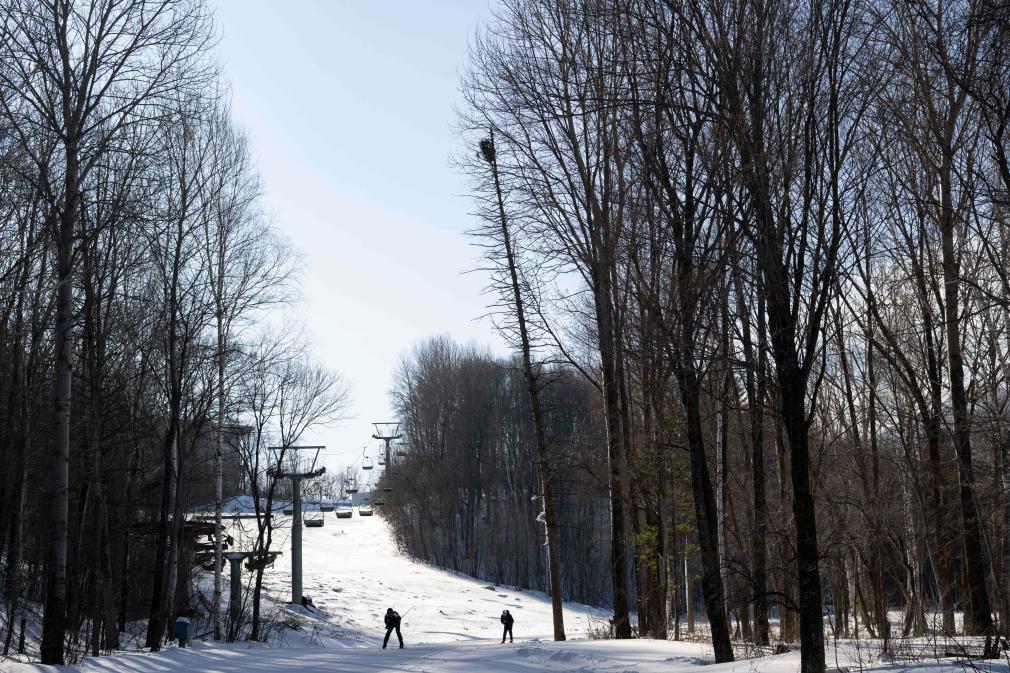
Of the 1,275 athletes, 755 are male and 520 are female. Among them, 847 athletes (513 male, 334 female) will compete in ice events in Harbin, while 428 athletes (242 male, 186 female) will compete in snow events in Yabuli.
"Harbin 2025 is expected to host the largest number of participating NOCs and athletes in the history of the Asian Winter Games, reflecting the growing enthusiasm for winter sports across Asia and the attention garnered by Harbin 2025," said Li Guang, Director of the Sports Department and Deputy Chief Director of the Sport Operations Centre of HAWGOC, at a recent press conference.
READ MORE: Harbin 2025 winter games: OCA announces six candidates for Athletes Committee
"Spectacular competitions are crucial to the success of a sports event. HAWGOC is sparing no efforts in competition organization to present a spectacular winter sports gala for spectators across Asia and the world," he added.
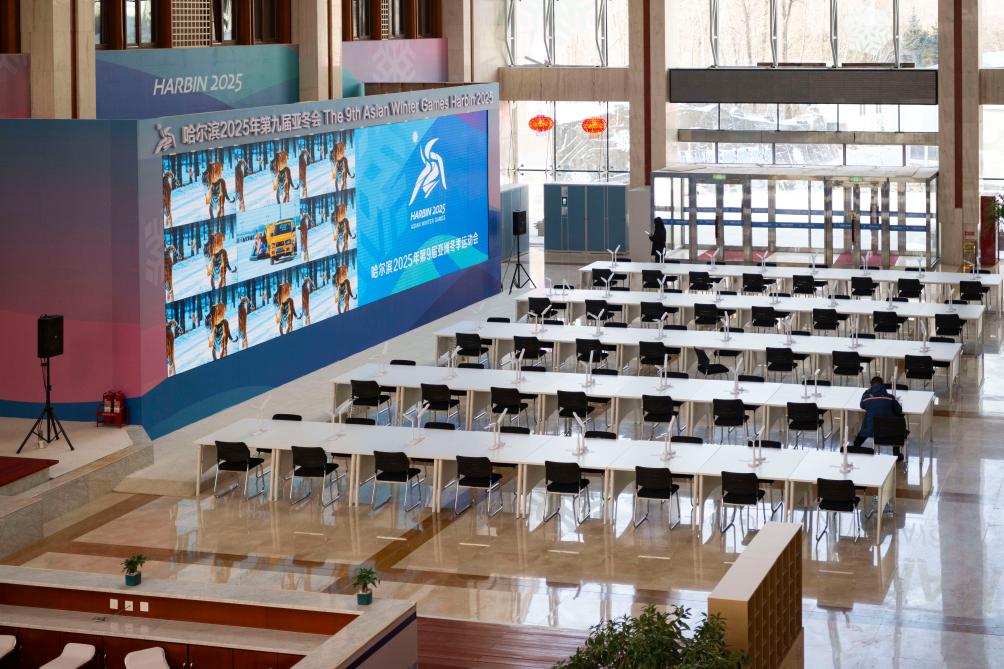
Preparations completed
The chief spokespersons for the 9th Winter Asian Games met with the public on Wednesday, announcing that preparations for the event are now completed.
ALSO READ: Dedicated express service in operation for Harbin 2025 Asian Winter Games
They include Zhang Haihua, deputy secretary-general of the organizing committee and vice mayor of Harbin; Zhuang Shichao, deputy secretary-general of the organizing committee and deputy director of the Heilongjiang Provincial Sports Bureau; and Bai Zhiguo, deputy secretary-general of the executive committee and director of the Harbin Municipal Sports Bureau.
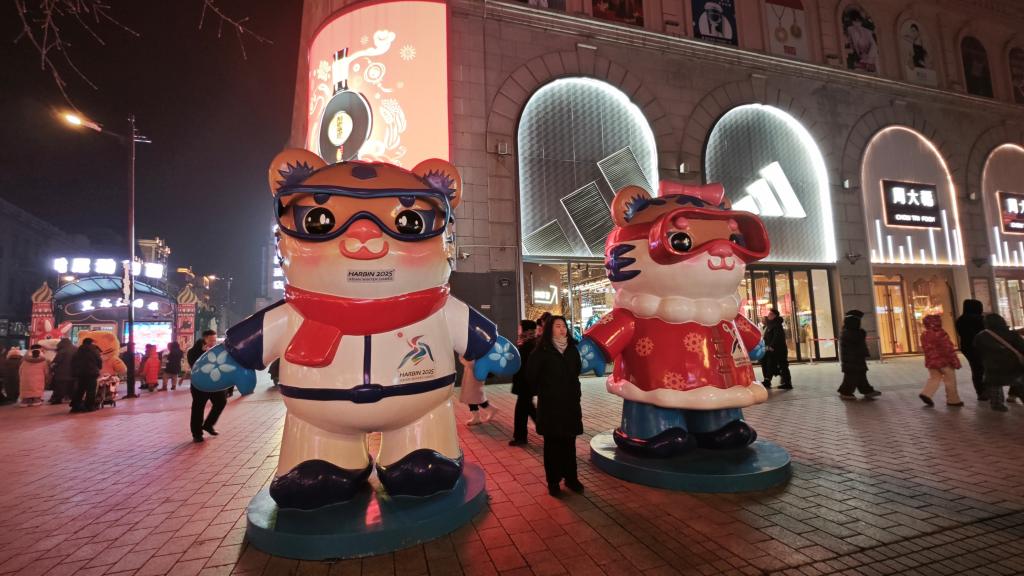
"We have prepared 39 hotels for the reception of athletes and carefully designed menus, including halal options. All ingredients and seasonings are subject to full-chain supervision from the source to the dining table. Additionally, 1,090 vehicles have been arranged for event-related transportation, with dedicated shuttle buses from airports to hotels and from hotels to venues. During the event, the Harbin-Yabuli railway will operate 40 trains per day. Furthermore, 31 designated hospitals and more than 600 full-time medical and health personnel have been stationed at the venues," Zhang said.
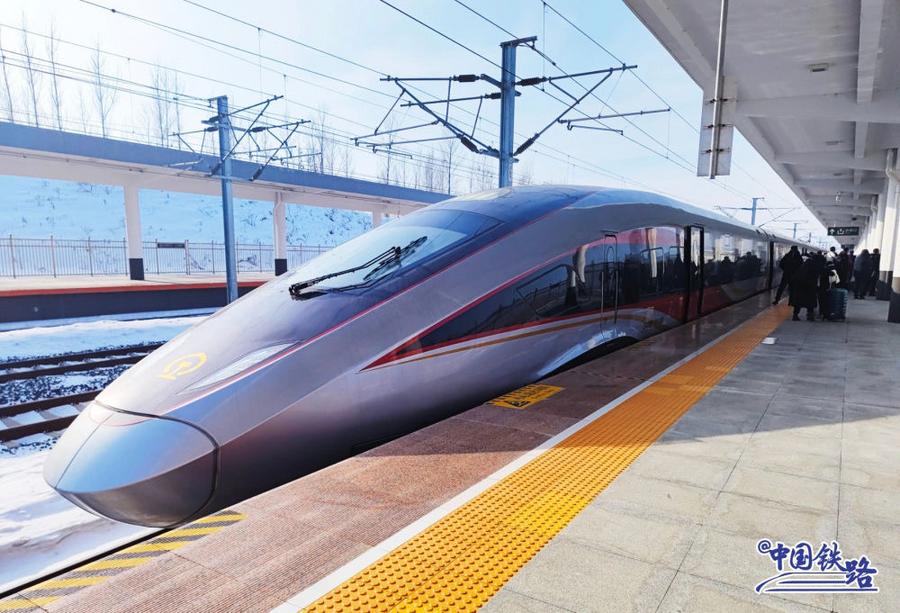
To ensure smooth operations during the Games, the executive committee has planned 17 test events. "Through these test events, we have fully grasped the event organization policies and procedures, familiarized ourselves with the operational patterns and characteristics of each sport, and further optimized the division of responsibilities, operational mechanisms, implementation plans, and emergency response strategies. Going forward, we are focusing on the final sprint to ensure the smooth execution of the event," Bai said.
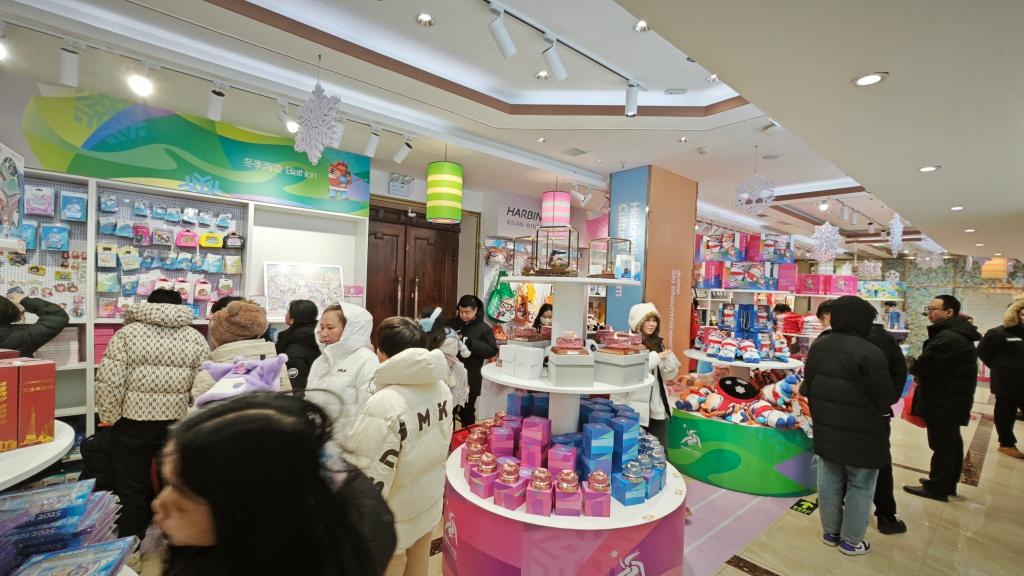
Wang Hongxin, director of the Harbin Municipal Bureau of Culture, Radio, Television, and Tourism, revealed that, during the Winter Asian Games, major scenic spots, venues, and events will be interconnected to form 12 premium travel routes. Alongside the opening and closing ceremonies, a diverse range of performances and activities will take place across various city locations.


